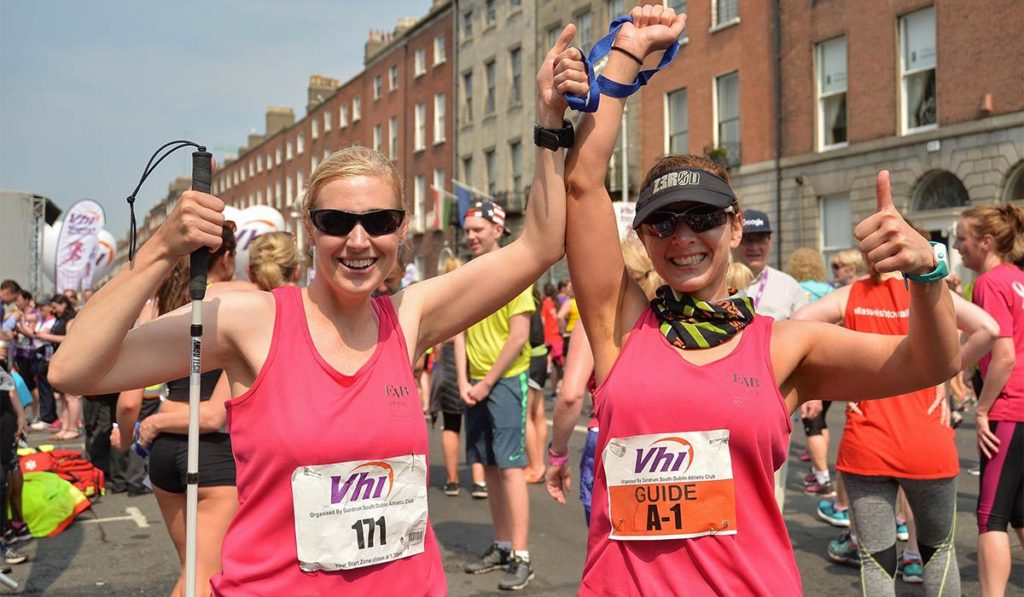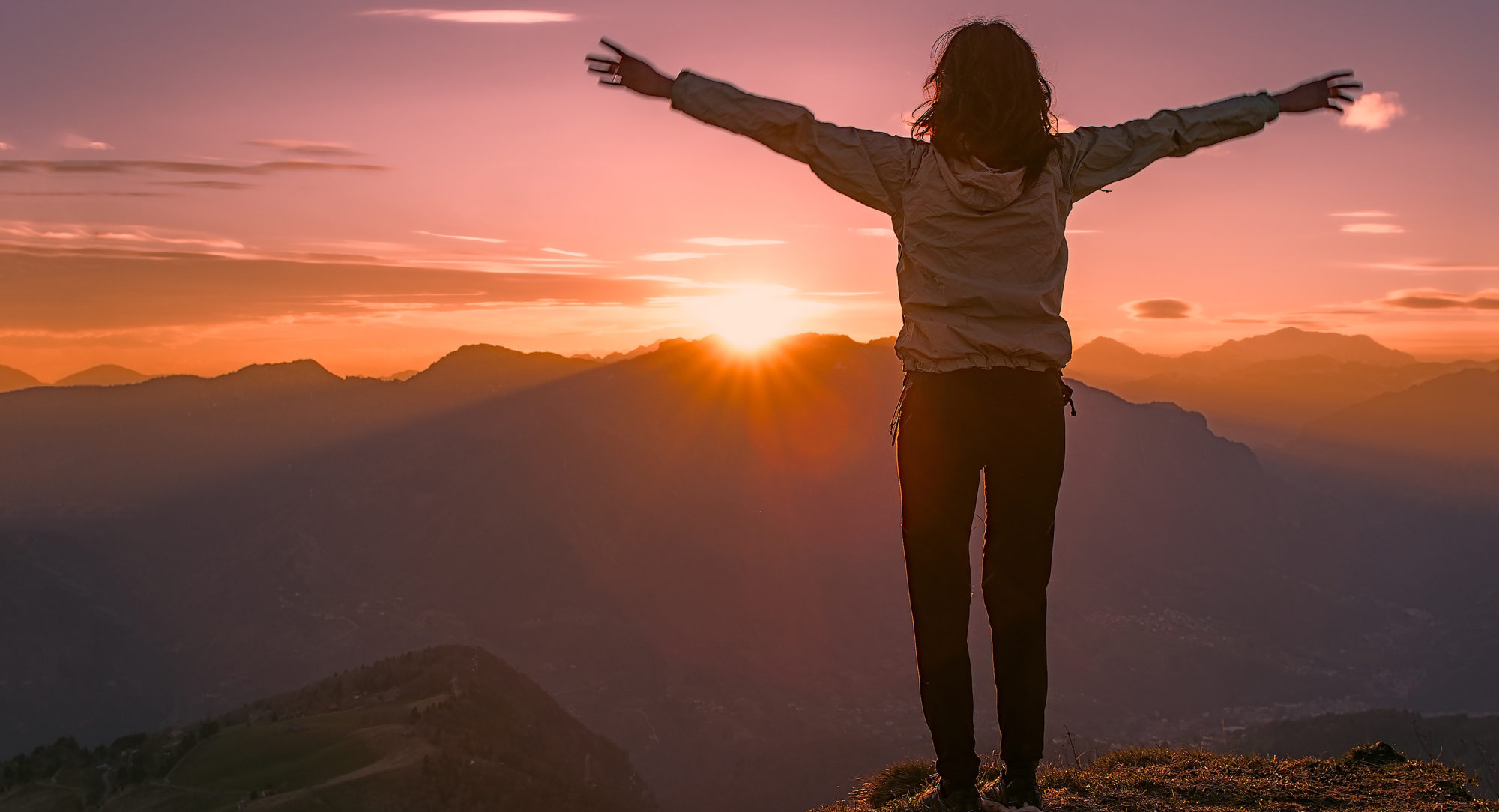
For persons who are newly blind and visually impaired, there is often an inner struggle and overwhelming sense of boredom as they come to a belief that their active lifestyle has grinded to a halt after the vision loss. With the thoughtful application of some simple principles and activities, however, it is possible for a newly blind person to once again realize the many benefits of an active lifestyle.
In this entry, we examine the role of fun and vitality in the rehabilitation of persons with vision loss including social and psychological benefits of fun and recreation, how to discover what is fun for each individual, and examples of recreation for persons who are blind and visually impaired. Nancy Parkin Bashizi, director at Vision Rehabilitation Services (VRS) in Smyrna, Georgia, provides useful information about the impact of these types of activities on social and psychological well-being and presents a variety of adaptive activities and a list of resources for the blind and visually impaired.
Psychological and Social Benefits to Recreation
Physiologically, being active releases endorphins (otherwise known as the body’s happiness chemicals) and helps battle feelings of depression and isolation. Additionally, being physically active helps the body maintain its strength and fitness and contributes to overall health and well-being.
While participating in a rehabilitation program, the individual will learn new skills that allow him or her to live more independently. Taking these new skills and applying them to a social or leisure activity is both motivating and builds confidence in the ability to try new things and problem-solve. For example, gardening may be be done in pots and containers and using tactile strategies. Planting flowers and herbs that smell nice, or have bright colors allows the person to experience the joy of growing things in a new way.
Socially, connecting with others who are living an active lifestyle with vision loss can build a sense of community, lead to peer-to-peer learning, create mentoring opportunities and allow the person to learn new ways to practice the activities enjoyed before vision loss. It is always more fun to share a favorite activity with others; informal sharing of new skills is a great way to connect with others who are going through the same challenges.
Finding the Perfect Recreation for Persons with Vision Loss
According to Sharon Marttin, LCSW, fun activities are important to healthy living in adulthood. Sharon explains that each of us should live authentically by trying new things to discover what we enjoy most rather than people pleasing or just “going along for the ride,” You can read her suggestions for steps to take to discover what you enjoy and how to promote good mental health in this process by visiting her blog at http://livewellwithsharonmartin.com/discover-whats-fun-for-you-and-authentic-living/.
It is important to actively pursue fun as an adult. Explore various types of fun to discover what you enjoy most; don’t participate in activities just because others enjoy the activity. Instead, make a decision to try new things and learn about yourself.
Resources for Activities for persons with vision loss
- Persons with vision loss should contact their local vocational rehabilitation agency to obtain services through organizations such as Vision Rehabilitation Services. These organizations can help the person who is newly blind or visually impaired gain the necessary skills to participate in a variety of leisure activities.
- No matter what the favorite pastime may have been BEFORE vision loss, chances are there is a way to adapt it to meet the new situation. Connecting with a Vision Rehabilitation Therapist or friend who is participating in that activity are two ways to explore adaptations and new strategies.
- Many clients at VRS continue to weight train, practice yoga or martial arts, swim or hike, with their vision loss. The individual with vision loss should ask a professional Orientation & Mobility Specialist to assist in learning strategies for participating in these activities in a new way.
- Explore and / or join an organization that specializes in adapting sports for the visually impaired such as Georgia Blind Sports Association, http://www.gablindsports.com/ to learn new sports and connect with others who like to try new things. This organization offers tandem biking, GoalBall, kayaking and beep baseball.
- Check out resources such as Hadley Institute for the blind and visually impaired at www.Hadley.edu for online or correspondence classes in leisure activities such as container gardening, birdsong tutor or learning a new language.
In sum, there are many psychological and social benefits to being active for a person who is blind or visually impaired, including an elevated mood resulting from being active and a sense of community and independence that comes from participating in recreational events with others who are blind or visually impaired. Each individual should take the time to discover which activities they are best suited to based on his or her interests and abilities. Rehabilitation services through organizations such as VRS can help the person who is blind or visually impaired obtain the skills and resources needed to participate in adapted recreation, leisure, and sports activities so the person can promote a strong sense of fun and vitality in life.
For more information, contact Nancy Parkin Bashizi at Vision Rehabilitation Services, 3830 South Cobb Drive, Suite 125, Smyrna, GA 30080, phone 770-4327280
Also, please visit Sharon Marttin’s blog at http://livewellwithsharonmartin.com/discover-whats-fun-for-you-and-authentic-living/.


Kimberly! What a beautiful new platform for your blog! It looks great and you are sharing such great content here! Happy to show it off to others going though BlogStart for Therapists!